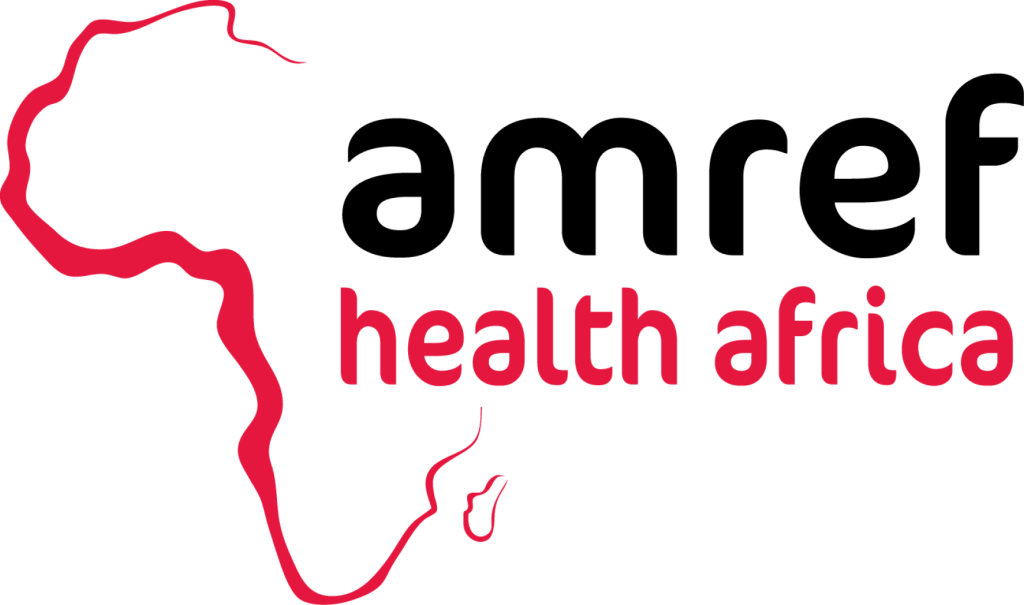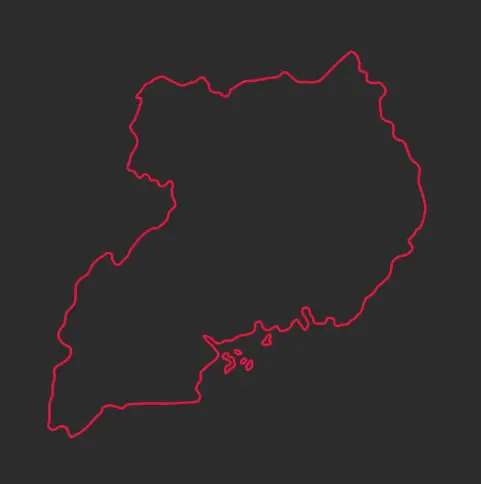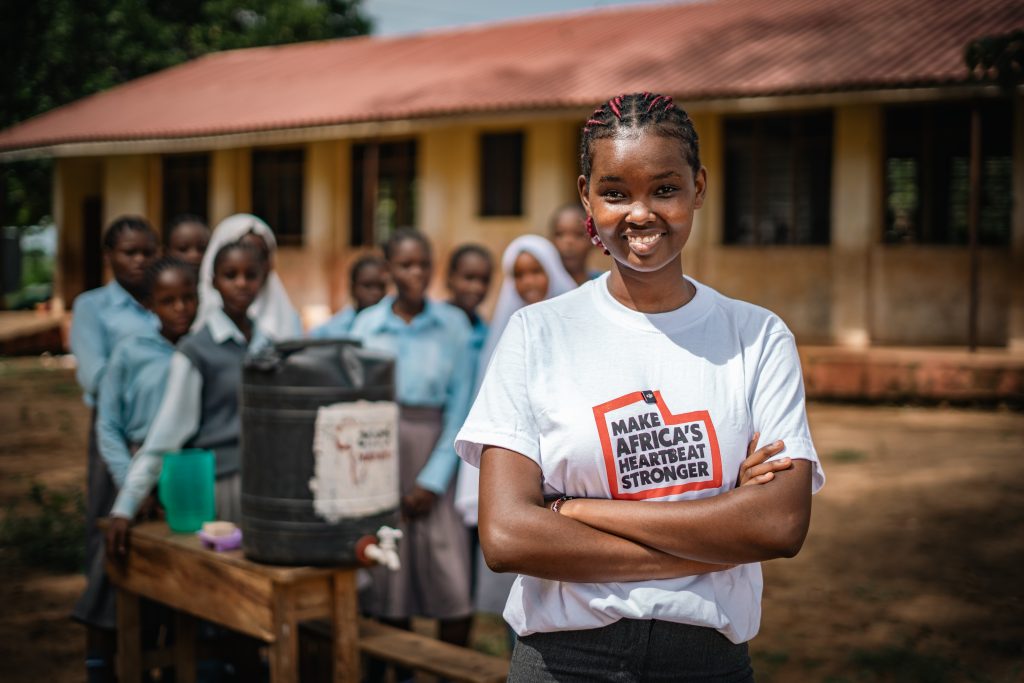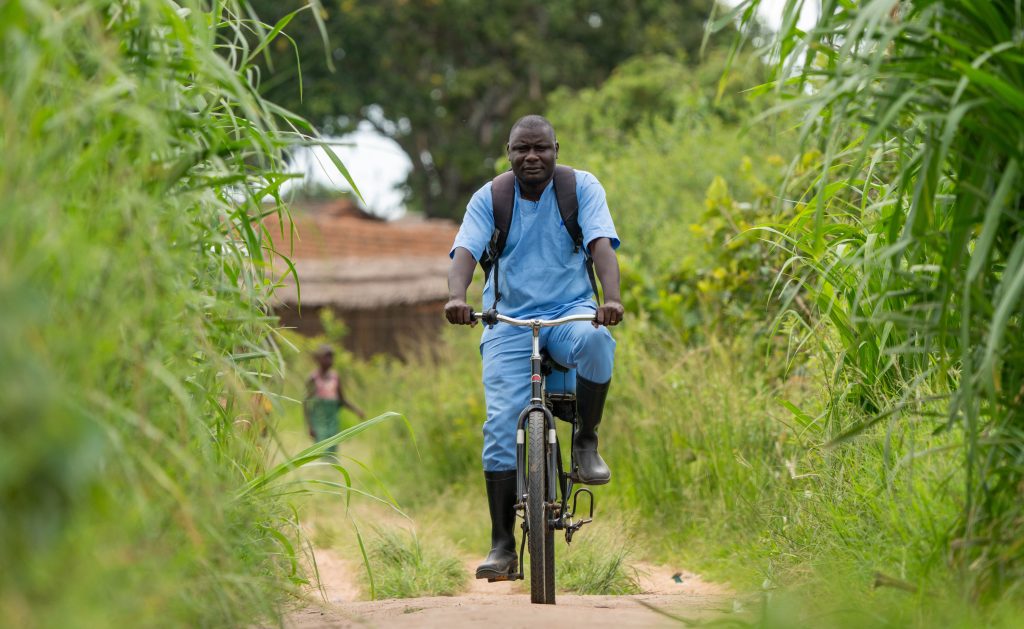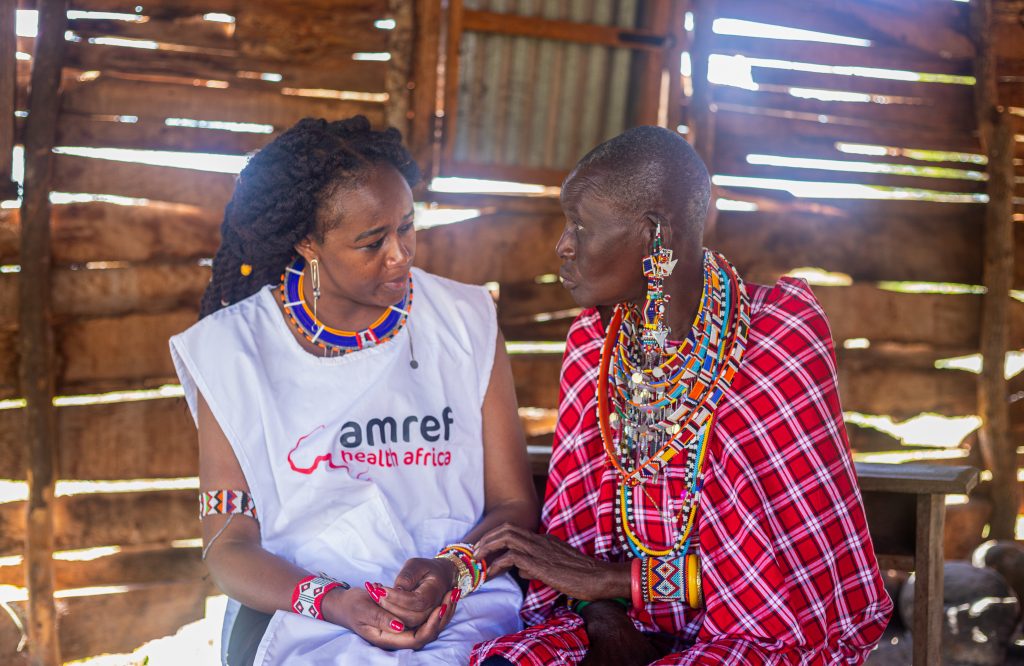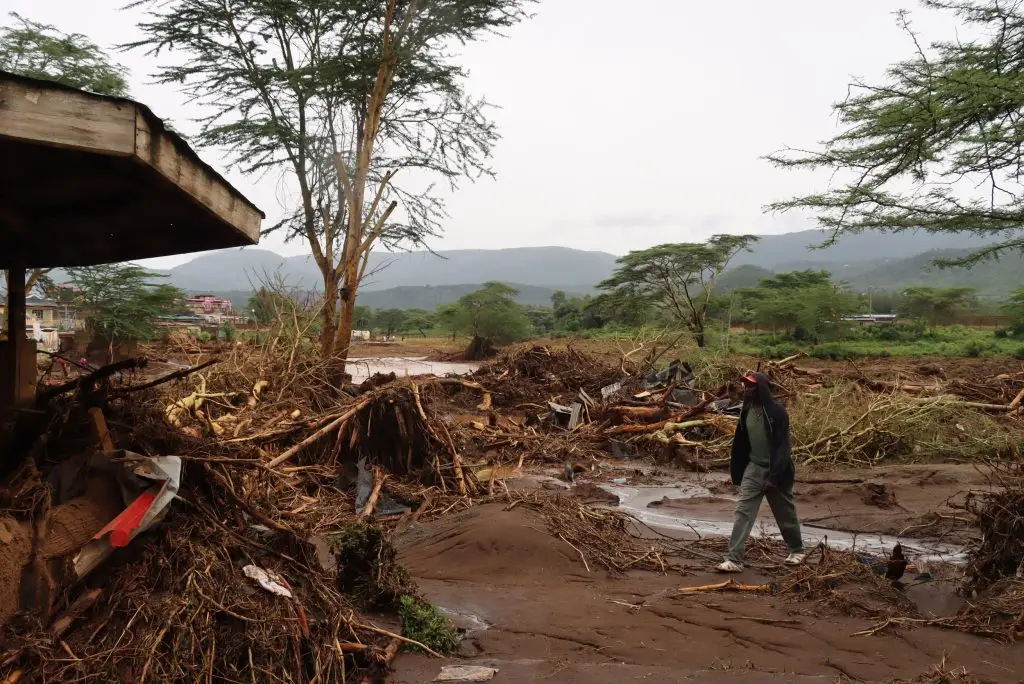Uganda
We have been working with communities in Uganda since the mid-1980s. Now, we work across 50 of Uganda’s 135 districts.
Amref in Uganda
Amref Health Africa established the Kampala office in 1987. In the 1980s, projects were designed to provide health services and education to communities and local institutions acutely affected by ongoing civil and political unrest.
Today, we partner with the Uganda Ministry of Health, Ministry of Water, Ministry of Education and Sport, and numerous corporate and non-profit partners to improve access to health services across the country.
What are the health challenges in Uganda?
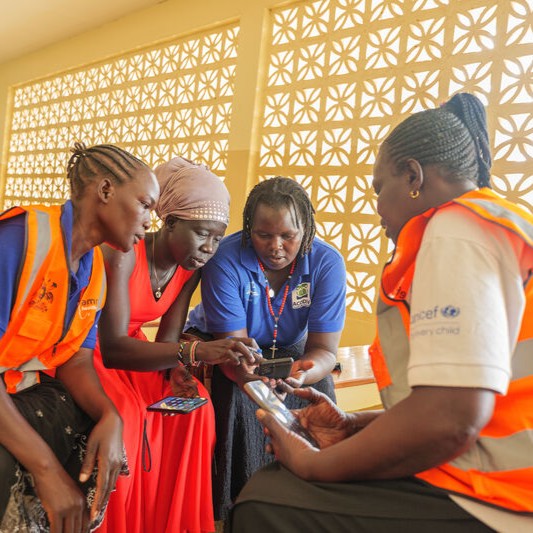
Uganda has reduced maternal mortality in recent years, but women—especially in rural areas—still struggle to access care. Long distances to facilities, shortages of skilled birth attendants, and frequent stockouts of medical supplies put mothers at risk, while high rates of teenage pregnancy add to the danger.
Health worker shortages deepen the crisis: many facilities run with less than half of the required staff, and difficult working conditions, limited training, and poor incentives push workers away from hard-to-reach areas.
Communicable diseases such as cholera, typhoid, diarrhoeal illnesses, and recurring Ebola outbreaks continue to burden communities, driven largely by weak WASH systems. Many households rely on unsafe water and lack basic sanitation, which fuels preventable illness and spreads infection during childbirth and newborn care.
Food insecurity drives malnutrition, leaving children and mothers more vulnerable to disease. Together, these challenges actively undermine Uganda’s health system and block progress toward equitable, sustainable care for all.
Health by numbers: Uganda
“We are proud to be part of a movement transforming lives through health equity.”
Dr Patrick Kagarusi, country director, Amref Uganda
What does Amref do in Uganda?
Amref Uganda works to strengthen the country’s health system by tackling some of the most pressing challenges facing communities today.
Current programmes focus on improving access to clean water and sanitation, advancing sexual and reproductive health, and reducing teenage pregnancy through initiatives like the Piwa Maleng project in Northern Uganda, which is bringing safe water and health education to tens of thousands of people.
Amref also invests in building the health workforce, supporting nurses, midwives, and community health workers through training and digital learning platforms, while continuing to deliver services that improve maternal and child health, expand disease prevention, and promote equity in access to care.
- Water and disease prevention and control
- Women and girls’ health
- Health worker training
Newsroom: Latest Updates
Images: (banner) Betty Acayo in Jimo Village, Amuru District, Northern Uganda (c) Amref Health Africa / Steve Kagia (c) (1) Village Health Teams (VHTs, local Community Health Workers) receive training in how to use the smartphones and tablets they are equipped with – West Nile Uganda (c) Amref Health Africa Uganda
